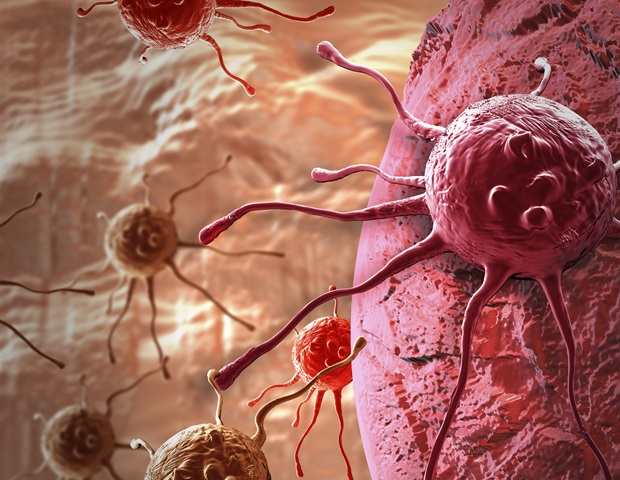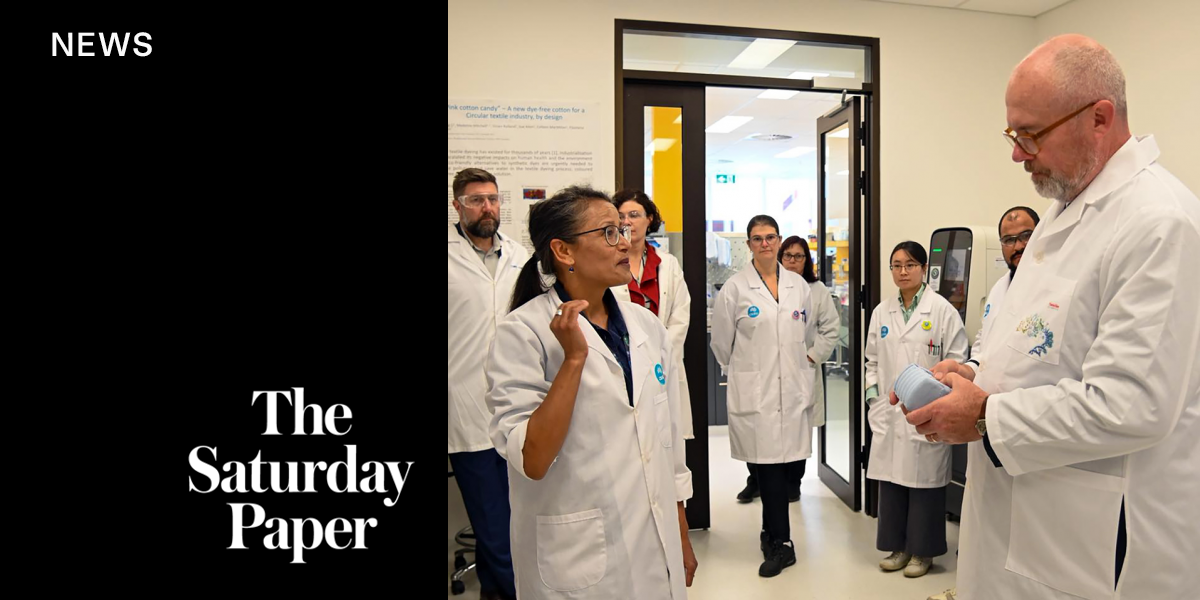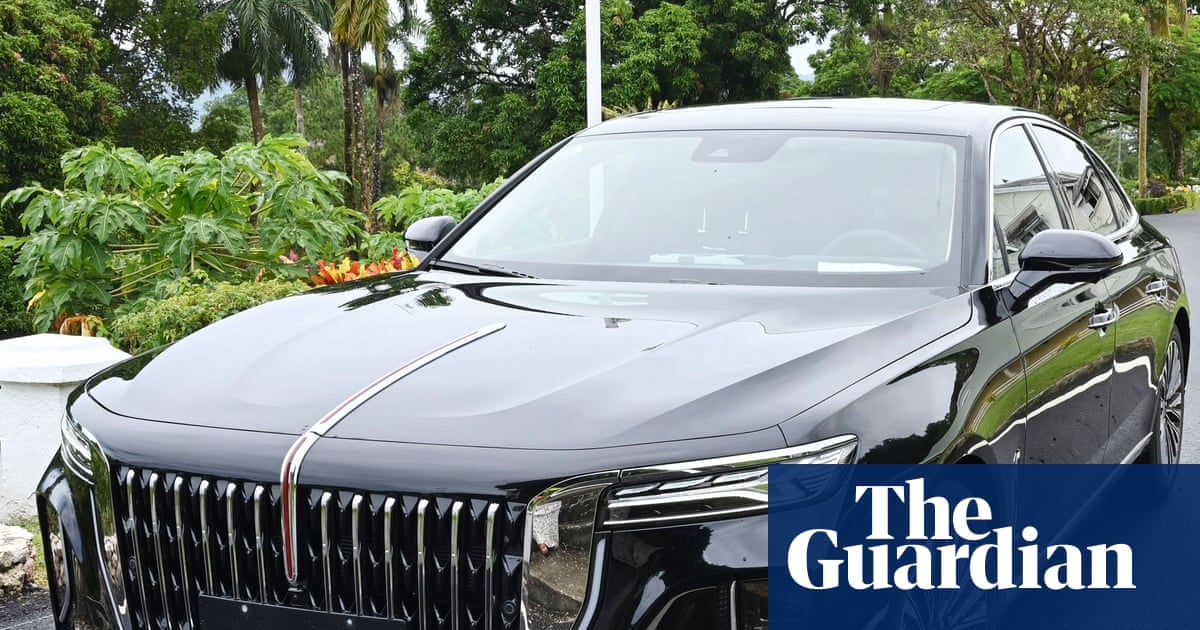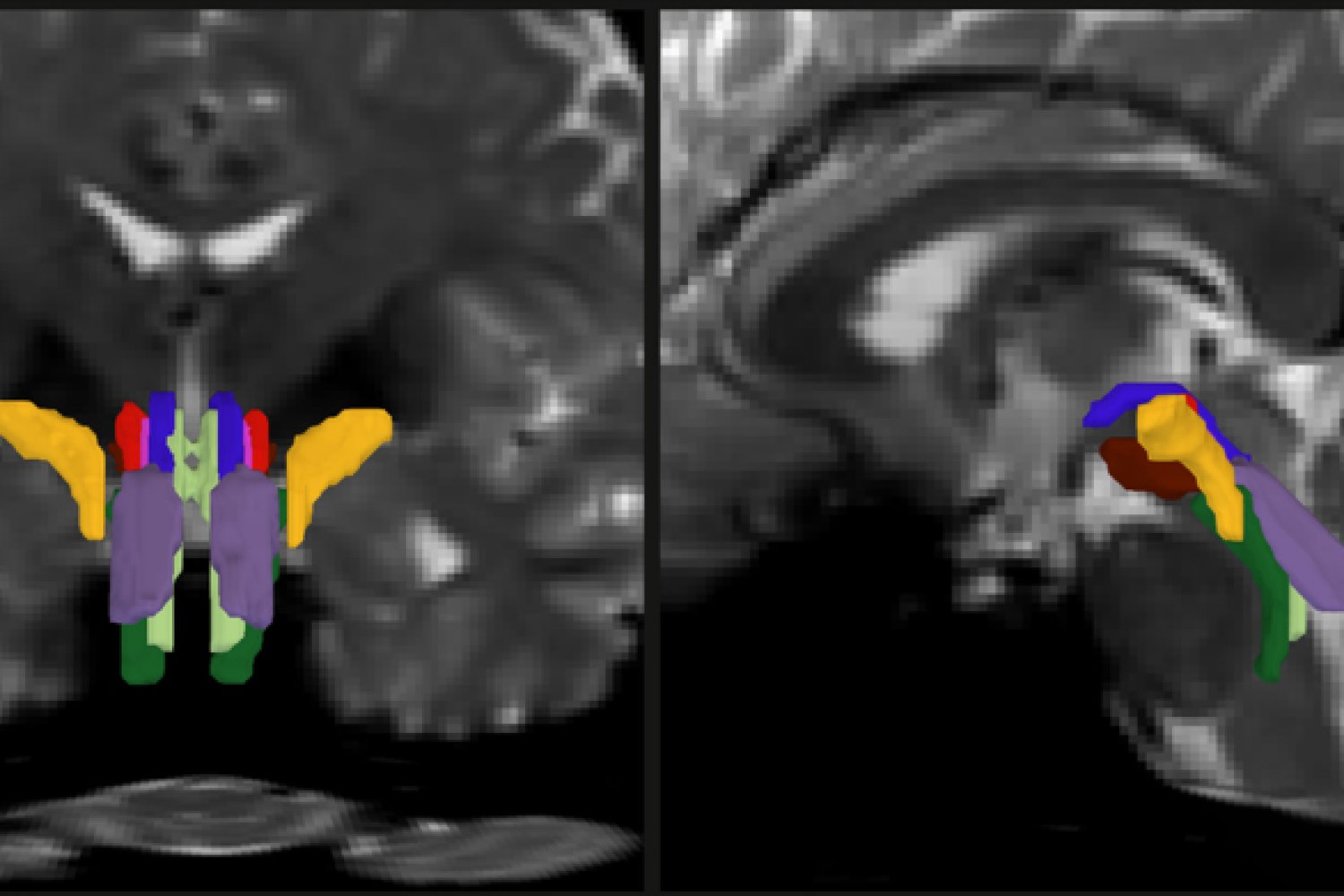
Over the past two decades, CD40 agonist antibodies have emerged as a promising class of cancer drugs, yet they have also been a source of disappointment. While these drugs effectively activate the immune system to combat cancer cells in animal models, their impact on human patients has been limited. Clinical trials have revealed significant adverse reactions, including systemic inflammatory responses, low platelet counts, and liver toxicity, even at low doses.
However, a breakthrough came in 2018 when Jeffrey V. Ravetch’s lab at Rockefeller University engineered an enhanced CD40 agonist antibody. This new version improved efficacy and could be administered to minimize serious side effects. Initial research conducted on genetically engineered mice, designed to mimic human pathways, paved the way for clinical trials to assess the drug’s impact on cancer patients.
Promising Clinical Trial Results
The recent publication of the phase 1 clinical trial results in Cancer Cell has provided a glimmer of hope. The trial involved 12 patients, and six of them experienced tumor shrinkage, with two achieving complete remission. This marked a significant milestone in cancer treatment.
“Seeing these significant shrinkages and even complete remission in such a small subset of patients is quite remarkable,” said Juan Osorio, the study’s first author and a visiting assistant professor at Ravetch’s Leonard Wagner Laboratory of Molecular Genetics and Immunology, as well as a medical oncologist at Memorial Sloan Kettering Cancer Center.
“The effect wasn’t limited to tumors that were injected with the drug; tumors elsewhere in the body either got smaller or were destroyed by immune cells,” Osorio noted.
Engineering Enhancements
CD40 is a cell surface receptor and a member of the tumor necrosis factor (TNF) receptor superfamily, primarily expressed by immune cells. When activated, CD40 triggers the immune system to mount an antitumor response and develop tumor-specific T cell responses.
In 2018, Ravetch’s lab, supported by Rockefeller’s Therapeutic Development Fund, engineered 2141-V11, a CD40 antibody that binds tightly to human CD40 receptors. The antibody was modified to enhance its crosslinking by engaging a specific Fc receptor, making it ten times more potent in eliciting an antitumor immune response.
Instead of the conventional intravenous administration, which led to toxic side effects due to widespread CD40 receptors, the researchers opted for direct tumor injections. “When we did that, we saw only mild toxicity,” Ravetch explained.
Inducing Remission
The clinical trial included patients with various metastatic cancer types, including melanoma, renal cell carcinoma, and different forms of breast cancer. Notably, none of the participants experienced the severe side effects associated with other CD40 drugs. Six patients showed systemic tumor reduction, with two achieving complete remission.
Ravetch highlighted the remarkable cases of the two patients who achieved complete remission. One had melanoma with numerous metastatic tumors on her leg and foot. After multiple injections into a single tumor on her thigh, all other tumors disappeared. Similarly, a patient with metastatic breast cancer, who had tumors in her skin, liver, and lung, saw all tumors vanish after injecting only the skin tumor.
“The drug creates an immune microenvironment within the tumor, essentially replacing the tumor with these tertiary lymphoid structures,” Osorio noted.
Improving Immunotherapy
The findings have sparked additional clinical trials, with Ravetch’s lab collaborating with researchers at Memorial Sloan Kettering and Duke University. These trials, now in phase 1 or phase 2, are investigating 2141-V11’s effect on specific cancers, including bladder cancer, prostate cancer, and glioblastoma. Nearly 200 participants are enrolled in these studies.
The ongoing research aims to uncover why some patients respond to 2141-V11 while others do not, and how to potentially change that. For instance, the two patients who achieved remission had a high clonality of T cells, known for their cancer-cell-killing capabilities, at the study’s onset. This suggests specific immune system requirements for the drug’s effectiveness.
“As a general rule, only 25 to 30% of patients will respond to immunotherapy, so the biggest challenge in the field is to try to determine which patients will benefit from it,” Osorio emphasized. “What are the indicators or predictors of response? And how can we convert non-responders into responders?”
The journey of CD40 agonist antibodies from promise to disappointment and now to renewed hope underscores the complexities of cancer treatment. As research continues, the potential to harness the immune system’s power to combat cancer becomes increasingly tangible, offering hope to patients worldwide.







